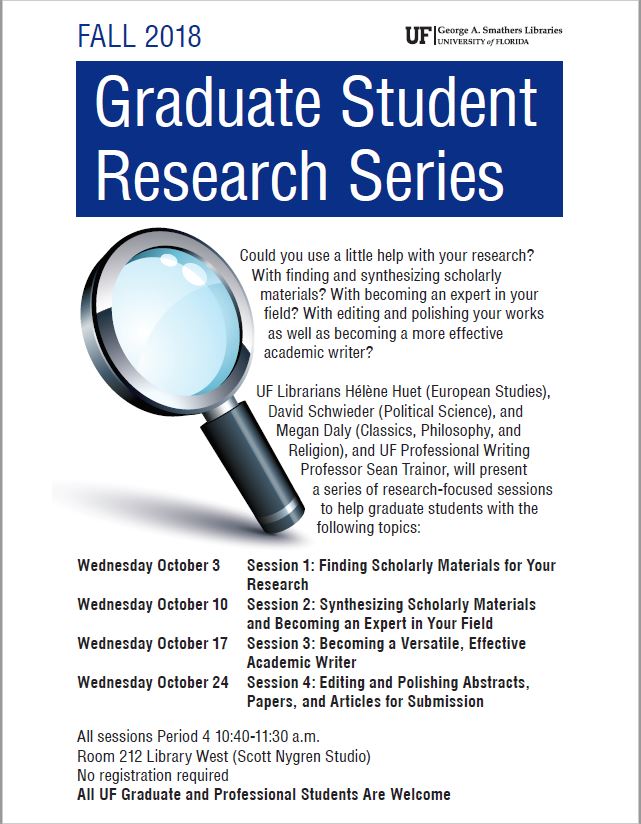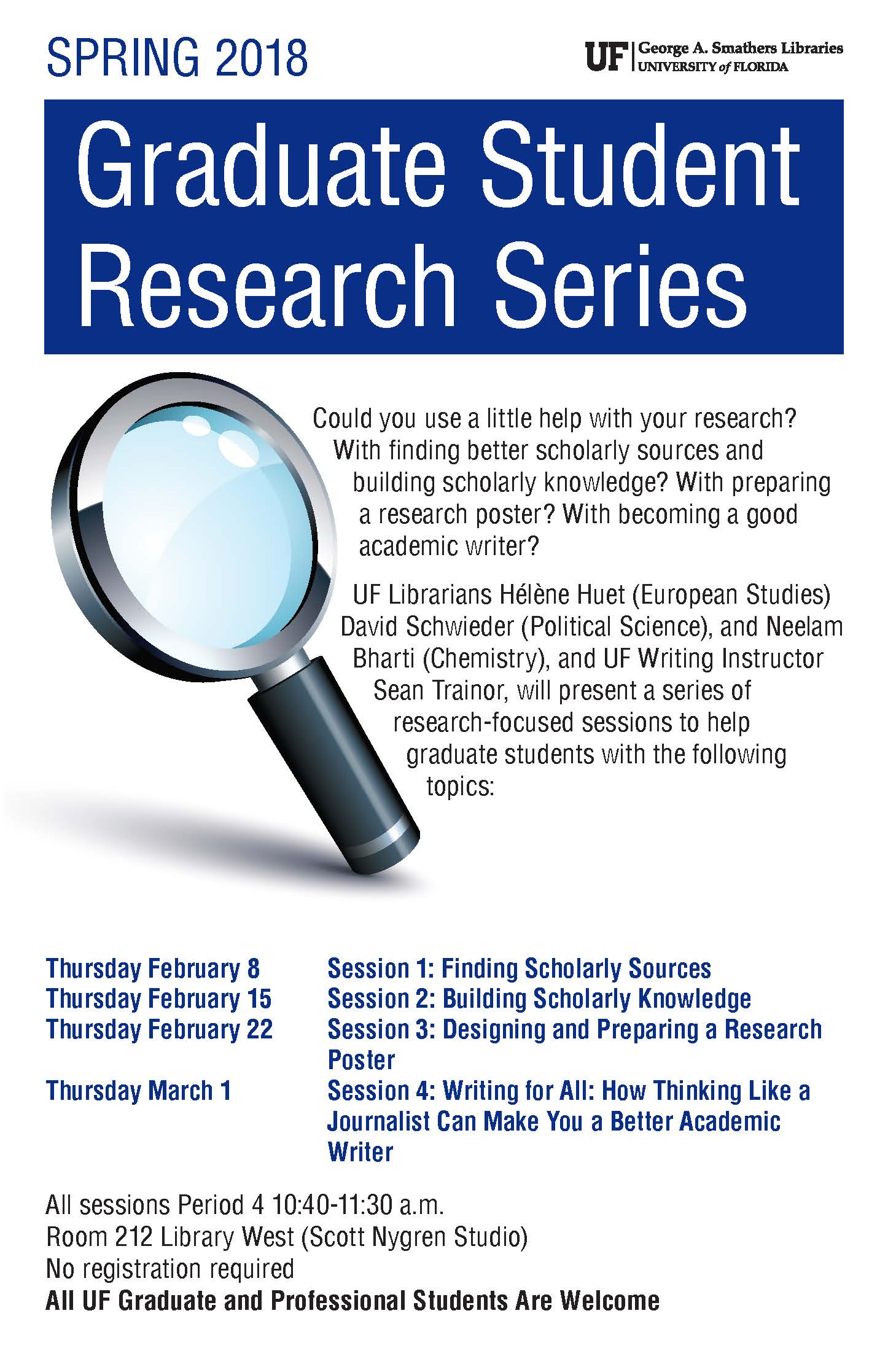Apply for the Migration, Mobility, and Sustainability: Caribbean Studies and Digital Humanities Institute
Applications are due by February 1, 2019
Thanks to generous funding from the NEH, the Institute is pleased to be able to cover travel costs and offer a small stipend for participants. Participation includes 5 phases, with required attendance at the in-person session (May 20-24, 2019) and for virtual sessions (July-December 2019), along with creation of teaching materials (January-August 2020). Please see For Participants for more information on the Institute phases and funding.
Call for Applications
Call for Applications: “Migration, Mobility, and Sustainability: Caribbean Studies and Digital Humanities Institute,” a 2019-2020 NEH Institute for Advanced Topics in the Digital Humanities
Deadline: Applications are due Friday, February 1, 2019
Application Information: http://dloc.com/teach/apply
Partners in the Digital Library of the Caribbean (dLOC) are pleased to invite applications to an NEH Institute for Advanced Topics in the Digital Humanities entitled “Migration, Mobility, and Sustainability: Caribbean Studies and Digital Humanities Institute.” This Institute is designed for anyone who teaches or supports Caribbean Studies courses or sections dealing with Caribbean Studies in courses. This Institute is also aimed at people who are interested in learning ways to utilize digital collections and implement digital tools and methods into their teaching and collaborative practices. We seek participants who are looking to create new resources for teaching Caribbean Studies in multiple fields and varying types of institutions, as well as enhance the community of practice for engaging with DH. We welcome applications from professors, instructors, graduate students, and library faculty and staff.
Participants will gain DH teaching experience and in-depth knowledge of how to utilize digital collections in teaching. The Institute will provide training in tools (Scalar, TimelineJS, StoryMapJS, Mapping), processes, and resources for developing lessons, modules, and/or courses. Twenty-six participants will acquire concrete digital skills and DH approaches for teaching and research utilizing Open Access digital collections. Through participation in an enhanced community of practice for DH, they will also learn to create Open Access course and teaching materials that blend DH and Caribbean Studies.
Program:
Comprised of introductory readings, a week-long in-person session (held May 20-24, 2019 at the University of Florida in Gainesville, Florida), and virtual sessions and online communication in the year following through August 2020, the Institute is structured to give participants the time and space to learn new approaches as well as integrate them into research and teaching. The overall goals of the Institute include gaining expertise in digital tools, with digital collections, and as part of a community of practice. Over the course of the program, participants will be supported in collaborating together and in developing teaching materials to be shared as Open Access.
See the Institute website for a more detailed schedule: http://dloc.com/teach/schedule
Institute Directors and Faculty:
Please see the Institute website for details on the directors and faculty: http://dloc.com/teach/faculty
Application Details:
The Institute will select 26 participants who regularly teach Caribbean Studies courses or sections dealing with Caribbean Studies in courses in related fields (e.g., history, literature, cultural studies, Black Studies, Global Studies). The classes can be at the undergraduate and graduate levels, and instructors, librarians, staff, and graduate students can apply. As we mentioned earlier, we are interested in recruiting participants who are looking to create new resources for teaching Caribbean Studies in multiple fields and varying types of institutions, as well as enhance the community of practice for engaging with DH.
Please see the Institute website for more details about stipends and conditions of award for participants: http://dloc.com/l/teach/forparticipants
Application to the Institute should include:
- An up-to-date CV (short version, preferred).
- A statement of interest (1-2 pages) that provides:
- description of current teaching assignments and responsibilities
- Optional:
- description of a course, proposed course, or sample syllabus that engages with the Caribbean through the themes of migration, mobility, or sustainability.
Please send materials by February 1, 2019 to laurien@ufl.edu.
Applications will be reviewed by the selection committee (Taylor, Huet, Ortiz, Rosenberg, Asencio, and Felima).
The team will notify participants of acceptance by March 15, 2019.
The Institute’s priority will be to select a diverse mix of participants from institutions across the US, including specifically recruiting from Puerto Rico, the US Virgin Islands, HBCUs, and HSIs given the rich collections, communities, and teaching connections related to Caribbean Studies. Priority also will be given to select participants from various humanities fields. Additionally, while Florida is the third most populous state, Caribbean Studies spans the whole of the US as a home to the diaspora. For those selected from Florida, priority will be given to those from institutions not represented on the project team.
More Information and Questions:
Please see the Institute website (http://dloc.com/l/teach/dhinstitute) for further details. Questions may be directed to laurien@ufl.edu
Final Acceptance
For final acceptance starting in March, participants will confirm:
- Attendance for the in-person Institute and virtual sessions
- That by June 2020 they will submit two DH assignments, developed by taking part in the Institute, for inclusion in dLOC’s Teaching Guides & Materials Collection for use by others. As with all materials in dLOC, participants retain all rights and may elect to share their materials via other repositories and websites.
Please contact the project director, Laurie Taylor, with any questions: laurien@ufl.edu

This Institute has been made possible in part by the National Endowment for the Humanities: Exploring the human endeavor
Any views, findings, conclusions, or recommendations expressed in this Institute, do not necessarily represent those of the National Endowment for the Humanities.
ABOUT THE NATIONAL ENDOWMENT FOR THE HUMANITIES
Created in 1965 as an independent federal agency, the National Endowment for the Humanities supports research and learning in history, literature, philosophy, and other areas of the humanities by funding selected, peer-reviewed proposals from around the nation. Additional information about the National Endowment for the Humanities and its grant programs is available at: www.neh.gov.


